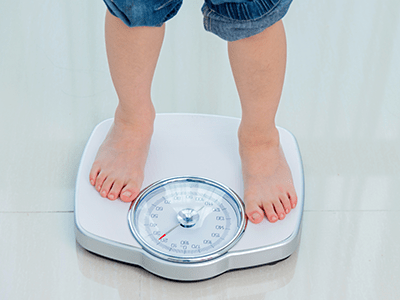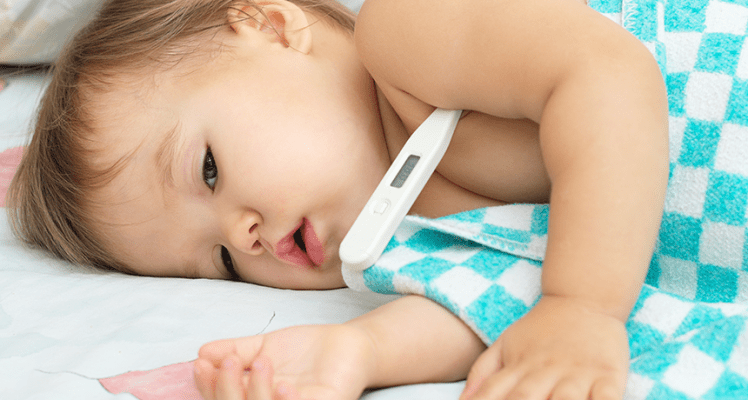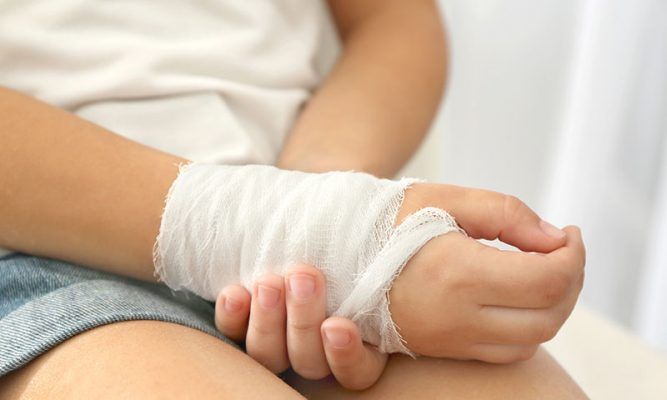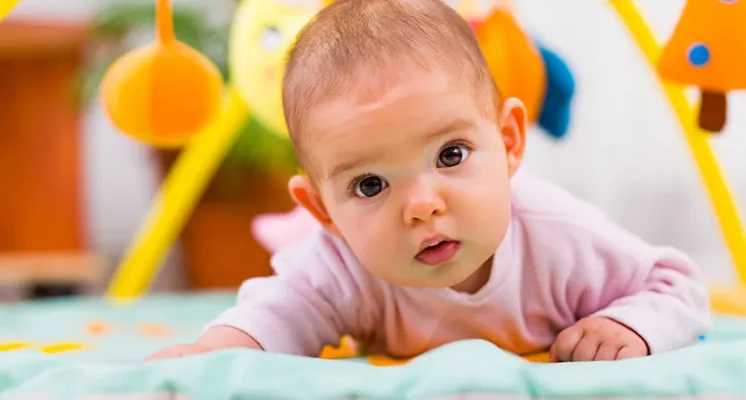Sleep is essential for a child’s physical and mental well-being because it enables their mind and body to relax and recuperate. You can help your kid or adolescent get high-quality sleep as frequently as possible by doing a variety of things that pediatric sleep professionals can help you with.
Here are some benefits of sleep for children that you must never overlook.
⦁ Sleep Aids in The Development of the Body
 You’ve undoubtedly experienced mornings when you thought your kid had grown during the night, and you would actually be correct. During deep sleep, growth hormones are secreted. Mother Nature does seem to have safeguarded newborns by ensuring that they spend roughly half of the time in deep slumber, which is thought to be necessary for proper development. Italian researchers discovered that children with low amounts of growth hormone sleep less deeply than children with normal growth hormone levels.
You’ve undoubtedly experienced mornings when you thought your kid had grown during the night, and you would actually be correct. During deep sleep, growth hormones are secreted. Mother Nature does seem to have safeguarded newborns by ensuring that they spend roughly half of the time in deep slumber, which is thought to be necessary for proper development. Italian researchers discovered that children with low amounts of growth hormone sleep less deeply than children with normal growth hormone levels.
⦁ Sleep Is Beneficial to The Heart
 Specialists are discovering more about how sleeping protects children from vascular damage caused by flowing stress hormones and cholesterol-causing artery wall plaque. High brain arousal occurs during sleep in children experiencing sleep problems, triggering the fight-or-flight reaction hundreds of times every night. At night, the cortisol and blood glucose levels stay high. Both have been related to an increased risk of obesity, diabetes, and heart disease.
Specialists are discovering more about how sleeping protects children from vascular damage caused by flowing stress hormones and cholesterol-causing artery wall plaque. High brain arousal occurs during sleep in children experiencing sleep problems, triggering the fight-or-flight reaction hundreds of times every night. At night, the cortisol and blood glucose levels stay high. Both have been related to an increased risk of obesity, diabetes, and heart disease.
⦁ Sleep Has an Impact On Weight
 There’s mounting evidence that lack of sleep leads children to become overweight as early as infancy. According to a study from Penn State Children’s Hospital, babies are far more likely to be sound sleepers and far less likely to be overweight when parents know how to distinguish between distress cues and hunger to soothe accordingly without feeding —using techniques like swaddling and swinging. What’s even better? Coaching may begin as early as two weeks after the baby is born. The researchers tracked the infants for a year and found that using these tactics paid off for the parents.
There’s mounting evidence that lack of sleep leads children to become overweight as early as infancy. According to a study from Penn State Children’s Hospital, babies are far more likely to be sound sleepers and far less likely to be overweight when parents know how to distinguish between distress cues and hunger to soothe accordingly without feeding —using techniques like swaddling and swinging. What’s even better? Coaching may begin as early as two weeks after the baby is born. The researchers tracked the infants for a year and found that using these tactics paid off for the parents.
That’s crucial since the sleep-weight link seems to be growing. Our fat cells produce the leptin hormone, which tells us when we’ve had enough food and should stop eating. Sleep deprivation may affect this hormone, so children continue to eat. Obesity is more frequent in children who do not receive adequate sleep over time.
Children who are tired eat differently than children who are well-rested. Children, like adults, prefer higher-fat or higher-carb meals when they’re fatigued, according to research. Tired kids are also more sedentary, which means they burn fewer calories.
⦁ Sleep Aids in The Fight Against Infections
 Children (and adults) create proteins called cytokines when they sleep. The body uses these proteins to combat infection, disease, and stress. They not only help us fight disease, but they also result in us feeling tired, which is why a cold or flu can be so tiresome. It makes us rest, enhancing the body’s capacity to mend even more.
Children (and adults) create proteins called cytokines when they sleep. The body uses these proteins to combat infection, disease, and stress. They not only help us fight disease, but they also result in us feeling tired, which is why a cold or flu can be so tiresome. It makes us rest, enhancing the body’s capacity to mend even more.
The quantity of cytokines at hand seems to be affected by a lack of sleep. Adults who sleep fewer than 7 hours each night are about three times more likely than those who sleep eight hours or more to get a cold when exposed to the virus.
While there is minimal evidence on young kids, studies of teenagers have shown that longer nighttime sleep reduces the number of reported episodes of sickness.
⦁ Sleep Lowers the Chance of Damage
 When kids don’t get enough sleep, they become clumsier and more impulsive, putting them at risk of accidents. Short sleepers (those who slept less than 9 hours a night for school-aged children) were found to be considerably more likely to suffer injuries that required medical treatment in a study of Chinese youngsters. In addition, 91 percent of children who had multiple injuries in a twelve-month period slept for less than nine hours each night.
When kids don’t get enough sleep, they become clumsier and more impulsive, putting them at risk of accidents. Short sleepers (those who slept less than 9 hours a night for school-aged children) were found to be considerably more likely to suffer injuries that required medical treatment in a study of Chinese youngsters. In addition, 91 percent of children who had multiple injuries in a twelve-month period slept for less than nine hours each night.
⦁ Sleep Lengthens Children’s Attention Spans
 Children who sleep less than ten hours each night on a regular basis before the age of three are three times as likely to develop hyperactivity and impulsive difficulties by the age of six. However, the symptoms of ADHD and sleep deprivation, such as distractibility and impulsivity, are almost identical.
Children who sleep less than ten hours each night on a regular basis before the age of three are three times as likely to develop hyperactivity and impulsive difficulties by the age of six. However, the symptoms of ADHD and sleep deprivation, such as distractibility and impulsivity, are almost identical.
In other words, even if they don’t have ADHD, exhausted youngsters might be impulsive and distracted. Nobody knows how many children are misdiagnosed with ADHD, but screening out sleep problems is a vital aspect of the process.
According to a study, giving school-aged children as small as 27 minutes more sleep every night helps them better regulate their emotions and impulses, allowing them to concentrate on their academics. Children with ADHD appear to be more susceptible to the negative consequences of insufficient sleep.
⦁ Sleep Is Beneficial to Learning
 While a newborn may seem to be sleeping peacefully, his brain is active all night. Newborns learn while sleeping, according to Columbia University Medical Center researchers. According to the researchers, certain noises were played for sleeping babies, followed by a slight blow of air over their eyelids. The sleeping newborns, aged one to two days, had already learned to expect the air puffs by squinting after just 20 minutes. And what about the snoring twitching that all infants do? It seems that this is how their neurological system assesses the brain-muscle relationship.
While a newborn may seem to be sleeping peacefully, his brain is active all night. Newborns learn while sleeping, according to Columbia University Medical Center researchers. According to the researchers, certain noises were played for sleeping babies, followed by a slight blow of air over their eyelids. The sleeping newborns, aged one to two days, had already learned to expect the air puffs by squinting after just 20 minutes. And what about the snoring twitching that all infants do? It seems that this is how their neurological system assesses the brain-muscle relationship.
Children of all ages benefit from sleep, and educationalists are discovering that napping has a special power. A group of 40 children was taught a similar game to Memory at the University of Massachusetts Amherst. The youngsters then napped for 77 minutes on average for a week and remained up the next. They lost 15% of what they learned while they remained up, but they remembered everything when they rested. They performed better in the game right after waking up and even the day after too.
Getting adequate sleep for families is difficult, particularly with parents working longer, more intricate after-school activities, bedrooms stuffed with exciting technology, and the push to cram more into each day. Parents were well-informed by sleep therapists on the importance of exercising and eating nutritious meals for their children. The basic reality is that today’s children sleep less than they do now. And their health will deteriorate unless you make an attempt to reclaim that sleep time
If your child isn’t getting enough sleep, you can improve their sleeping habits by consulting with a Pediatric Sleep Consultant Ausra Cirkelyte.
Your Baby or Child Keeps Waking up at Night?
Book a FREE 15min Call Now!


